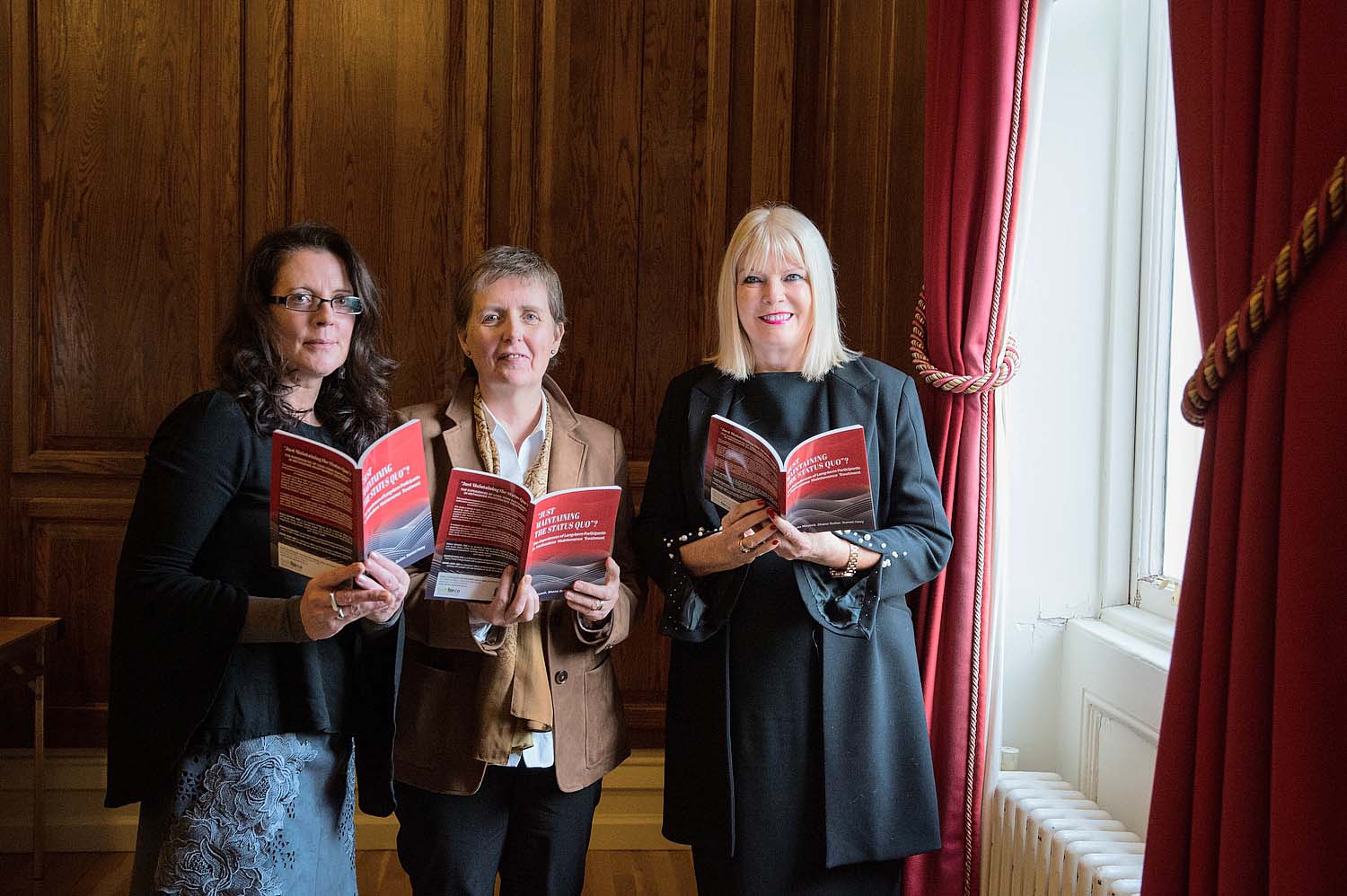Methadone study reveals plight of those in recovery
Dublin People 21 Dec 2018
NEW study of people receiving long-term methadone maintenance treatment has revealed how they first started using drugs at just 14-years-of-age.
The average age that they first used heroin was 19, according to research that was commissioned by the Dún Laoghaire Rathdown Drug and Alcohol Task Force to examine the experiences of those on methadone for 10 years or more.
The study finds that methadone can bring stability to the lives of drug users, but that they face “multiple and complex” obstacles to social reintegration.
The report, ‘Just Maintaining the Status Quo?’ was launched last week by Mary Mitchell O’Connor TD, Minister of State at the Department of Education and Skills.
Written by a team of researchers from Trinity College Dublin, led by Dr Paula Mayock, the study examines the experiences of 25 people who have been on methadone treatment for 10 years or more. The average age of research participants was 43.
The report shows that while methadone treatment is effective in providing stability, long-term users need a range of social interventions and supports including education, training, housing and family welfare, in addition to medical treatment.
Furthermore, the report highlights the stigma associated with methadone treatment, particularly for those availing of the treatment in public clinic settings.
“That’s the one good thing about methadone…if you’re stable, you can have somewhat of a normal life,” said Eric, (age 35-39) who participated in the study. “I like the stability of methadone, I can just engage in family life, have a sup of tea and watch programmes and just have a chat. Because before, I’d just stay in my room because I’d probably be stoned.”
Speaking at the launch, Dr Mayock, said this was the first study in Ireland that specifically focuses on people who are long-term participants in methadone maintenance treatment.
“We found that levels of social reintegration amongst our participants was exceptionally low,” she said.
“Most did not have access to the kind of economic, social or personal resources that are needed to bolster and sustain the recovery process.”
She added: “The dominant experience of being a methadone user was one of stigma, with many of those we engaged with for this research attempting to conceal their methadone use for fear of being judged. Stigma contributes to social isolation, with participants sharing with us how they felt excluded from community and family life.”
Other findings of the research include the fact that the majority of participants had low levels of educational attainment, with nearly 80 per cent leaving school by Junior Certificate level.
Mental health problems were widely reported, with depression being the most commonly cited condition. Some participants cited lifelong mental health conditions stemming from childhood.











